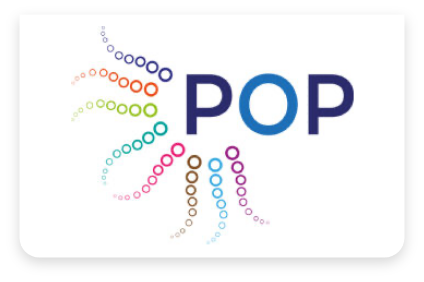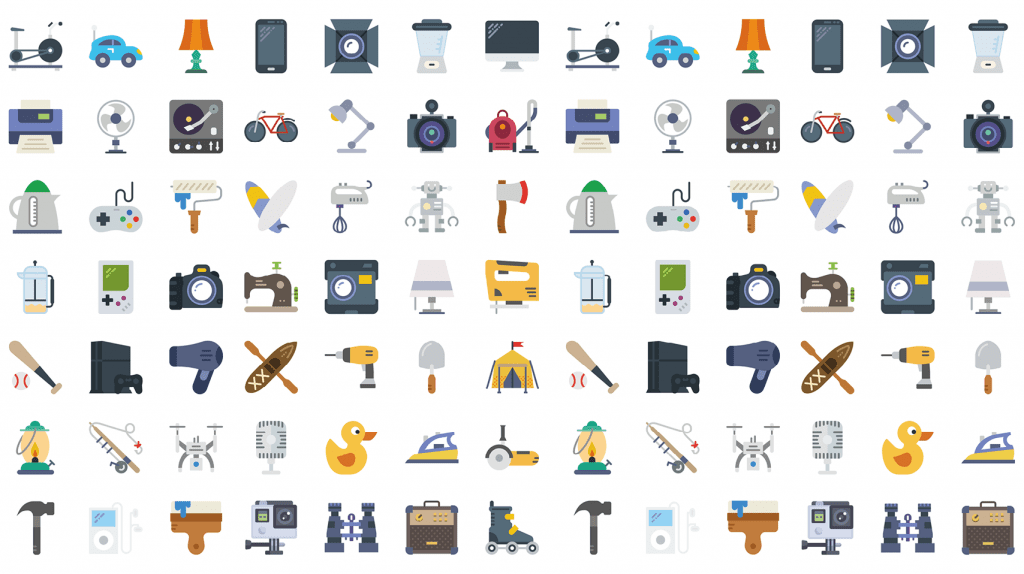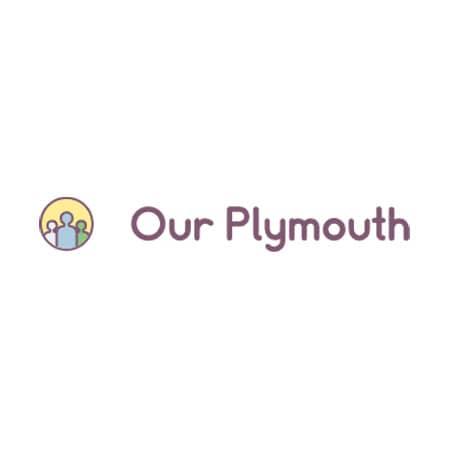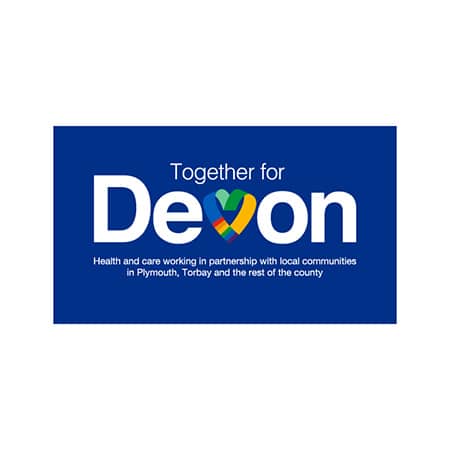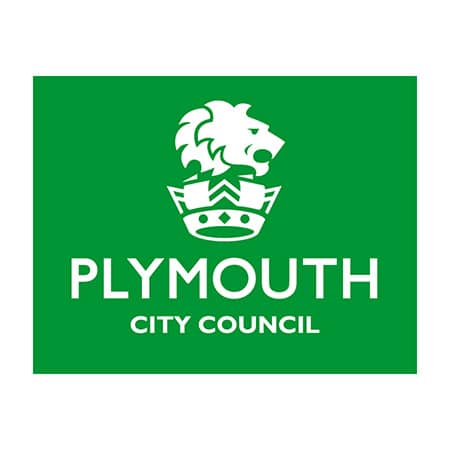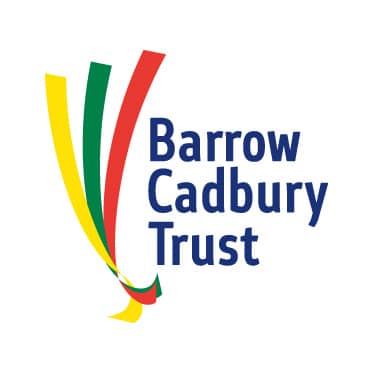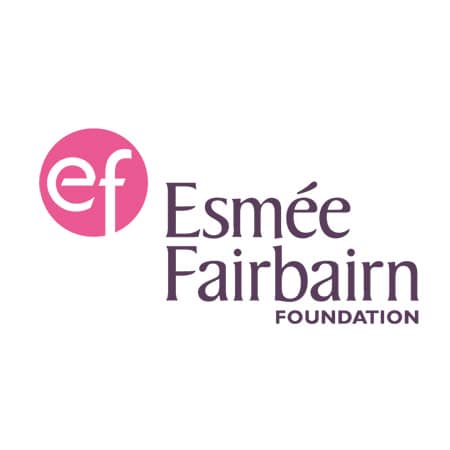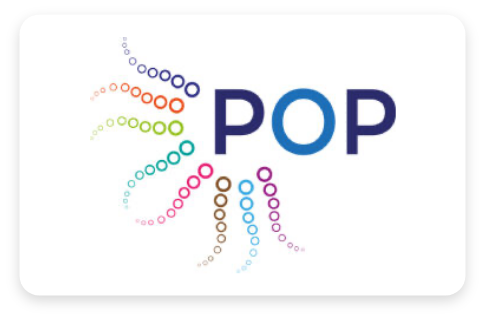Open Collective page
Collaborators
- Borrow Don’t Buy
- Timebank South West
Collective’s aims and ideas
The project idea came from those individuals who are disconnected, isolated, and overwhelmed by the effect that COVID-19 and lockdowns are having on the way we live, work, and study. Borrow Don’t Buy, supported by Nudge Community Builders and previous funding from the National Lottery, gathered old digital devices such as computers, laptops, tablets, and phones to repurpose and recycle them so that local people can gain access to digital services, support and to help children to complete their schoolwork online during the C19 crisis (and beyond). The project, primarily based around Stonehouse was a huge success. Nudge Community Builders gave away 61 laptops, 3 desktop PC’s, 20 phones, and 15 tablets. Almost 100 devices were given to families and individuals to help address the difficulties of Covid and of technology poverty in general. Now we need your help again to continue the hard work of recycling and repairing devices and to work with a range of new partners across the city to increase our impact. We want to work with Timebank South West to collect, clean, repurpose and redistribute at least another 50 devices to increase our reach in the city to a new range of people. A minimum of 50 devices delivered have the potential to directly improve the livelihood of 50-200 people. We want to increase our volunteer input (Currently the project has utilised hundreds of hours of volunteer time but we want to use this as a tool to teach new skills in the technology sector) and we want to tackle technology poverty and make sure no one is left behind during the Covid Pandemic. Since Covid-19 Timebank South West has had to adapt from working face to face with people in their eight neighbourhood timebanks to doing everything online including, hosting weekly socials, activities, and supporting skill exchanges. This experience has identified that many of Timebank’s beneficiaries either have no access to the internet or cannot afford a device or have a lack of knowledge on how to use it. Even those with a device and some I.T knowledge told us they were struggling to get to grips with everything going online including banking, grocery shopping, doctor appointments, ordering prescriptions, universal credit, and paying bills. We aim to improve our beneficiaries’ well-being by providing a device and support on how to do these things online. We want to make sure that no one is left out and that young and old have access to technology to help them stay connected with the world during this time of isolation. There are literally thousands of devices which can be put into use and saved from landfill and never has it been more important for people to remain socially connected, if not physically.
How will they work together to achieve this?
Plymouth has a strong community and voluntary sector who have been providing extra support to individuals and families in need during the crisis. Partnerships have been formed to provide food and medicine pick-up for those who needed to shield.
We would like to provide a seamless support service of digital inclusion that enables individuals and families in need to access I.T devices and connect online. The collective will utilise the expertise and experience of both our organisations, Borrow Don’t Buy and Timebank SW while inviting other organisations to get involved. Borrow Don’t Buy will repair and refurbish donated I.T devices. Timebank will pass on the repaired equipment to those in need and our volunteers will provide one-to-one support to individuals on how to use the device, how to connect remotely with family and friends, how to pay bills, and how to do grocery shopping online.
We want to use a local volunteer network to help collect the devices using a zero contact collection system, collating them with a range of local community facilities and then using a team of volunteers to create storage bags, information, and zero contact delivery.
Borrow Don’t Buy and Timebank Southwest are already working together in another collective (that includes Scrapstore and Makers HQ) to nurture and promote a repairing movement in Plymouth.
During the first round, POP members were asked to advise you. Tell us what happened. What are your reflections? Have you gained new insight? New partners?
We both found the session immensely helpful as it gave us time to speak about the purpose and aims of our project, our reasoning and how we came together to form a partnership based on our shared values, mutual trust and understanding of the need. In describing our project to the advisors who we felt were genuinely supportive, helped us to reinforce our belief that our project is needed. The advisors asked relevant and searching questions which made us reflect on the scale of need which is far greater than just one project. We were generously given useful leads which we plan to follow up to help strengthen our project and open discussion that could lead to a wider digital inclusion partnership.
